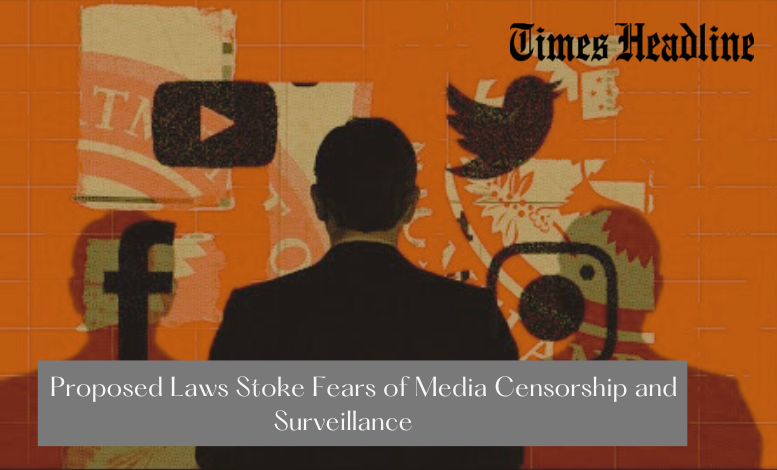The new legislation gives the central government the power to censor not just over the top platforms like Amazon prime and Netflix, but also news content and imperil encrypted communication making it easier making the shutdown of the internet easier with limited accountability of communication interceptions.
These legislations include the Telecommunications Bill of 2023, the draft Broadcasting Services (Regulation) Bill of 2023, and the Digital Personal Data Protection Act of 2023, which if passed will replace the three decade old Cable Television Network (Regulation) Act, 1995.
The draft bill states “Any person who broadcasts news and current affairs programs through an online paper, news portal, website, social media intermediary, or other similar medium but excluding publishers of newspapers and replica epapers of such newspapers, as part of a systematic business, professional, or commercial activity shall adhere to the Programme Code and Advertisement code.”
The Bill has sparked considerable debate among broadcasters and legal experts due to its perceived granting of extensive governmental authority over the nation’s new media and entertainment landscape. This contentious issue has raised concerns regarding the potential implications for freedom of expression and media independence.
The draft bill gives any authorized officer the “Power to seize and confiscate equipment” if “officer has reason to believe that provisions under this Act, or rules or Guidelines are being contravened by the operator of broadcasting network or broadcasting services specified in the Second Schedule”, giving the union government direct autonomy over private and independent media platforms.
The questions remain if the bill is going to facilitate the process of news dissemination or would be counterproductive. Its potential to either streamline the circulation process or impede media freedom requires careful examination and consideration of its provisions and potential consequences before drawing definitive conclusions.

